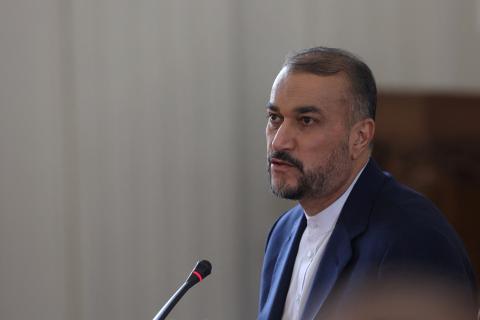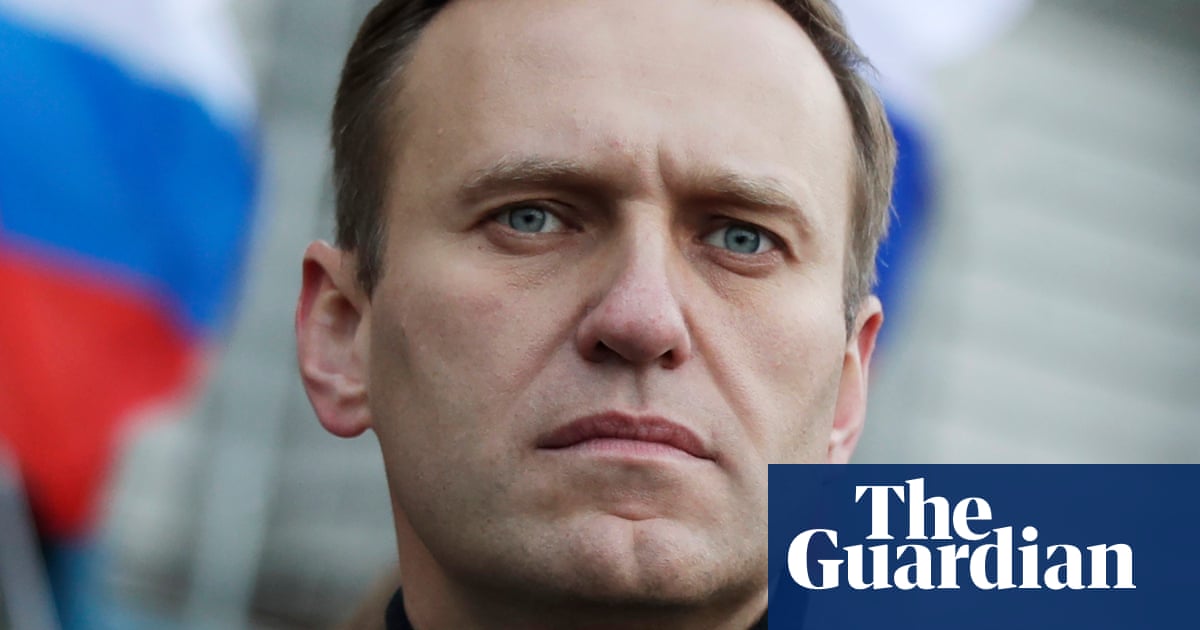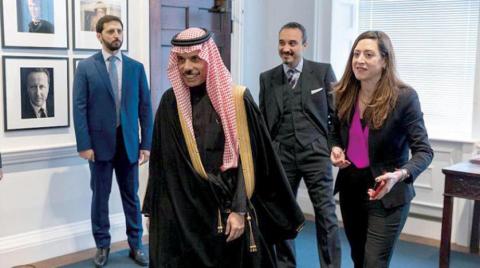
The new US envoy for Syria, James Jeffrey, expressed his optimism that the Sochi agreement, signed by Turkey and Russia, could be sustained. He said the opportunity was ripe after the fighting stopped relatively in Syria to discuss how to move ahead with a political process that would include a new constitution and general elections.
In an interview with Asharq Al-Awsat in New York, Jeffrey stressed that the US forces would remain in Syria, not as an occupying power, but to carry out three goals: to uproot ISIS and prevent its re-emergence; to expel the Iranian forces out of the country; and to guarantee the implementation of a political process that would lead to the formation of a committee to draft the constitution and hold general elections.
The US envoy said he believed that the agreement reached in Sochi between Turkey and Russia was good and could be maintained, hoping that it would represent a turning point in the Syrian conflict and would pave the way for negotiations based on the Geneva process and UN Security Council Resolution 2254.
Asked about his evaluation of the Russian role in Syria, Jeffrey noted that the US had continuous contacts with Russians at all levels, stressing that President Donald Trump had spoken extensively with his Russian counterpart, Vladimir Putin, during the Helsinki summit in July.
“Foreign Minister Mike Pompeo spoke with his Russian counterpart Sergei Lavrov and the military commanders of the two sides communicate on a daily basis to calm any clashes,” he added.
In this regard, Jeffrey explained that the US wanted to see Russia support UNSCR 2254 and use its influence to guarantee the withdrawal of pro-Iranian forces from Syria.
“We see no reason for the Iranians to stay in Syria once this war ends,” he stated.
Jeffrey stressed that only Russia could help the US to remove the Iranians from Syria. “The United States will not use military force to get the Iranians out of Syria,” he added.
According to the US envoy, there are five foreign forces involved in the conflict in Syria: the United States, Russia, Iran, Turkey and Israel. He noted that every country had its own goals and was pursuing another player: Israel pursues Hezbollah, the United States hunts ISIS, the Russians and the Iranians chase Assad’s opponents and the Turks pursue the Kurds and ISIS.
He noted that while all these forces were successfully confronting those players, he emphasized that any misjudgment or bad calculation could raise concern and lead to a very dangerous situation.
Asked about the US vision of a political solution to the Syrian crisis, Jeffry underlined that any solution required a commission to draft a new constitution, the achievement of security and the holding of elections.
He noted that imposing economic and financial pressure on Syria would not be enough to push for a political process, underlining Syria’s need for international recognition as a normal country.
“The international community, the Arab states, the European Union and the United States do not view Syria as a normal state… So the Syrian regime is isolated diplomatically and bankrupt economically,” Jeffrey said.
As for the fate of Bashar Al-Assad, the US envoy emphasized that his country’s goal was not to remove Assad. “We will be happy if he leaves and declares his departure voluntarily. But this is not our goal. Our goal is a different Syria that does not threaten its people or neighbors, does not use chemical weapons, does not expel refugees and displace people from its territory, and does not provide Iran with a platform to launch rockets against Israel,” he noted.
“[Former Iraqi Prime Minister Nouri] al-Maliki was removed from office through the constitution because he could not prevent ISIS from taking control of areas in Iraq. No country in the Middle East had removed a leader because he did not meet the expectations of his people… I was present when the Iraqi constitution was drafted, and I was skeptical; but the Iraqis believed in the constitution, and I do not know what prevents Syria from moving in this direction,” the US envoy concluded.











